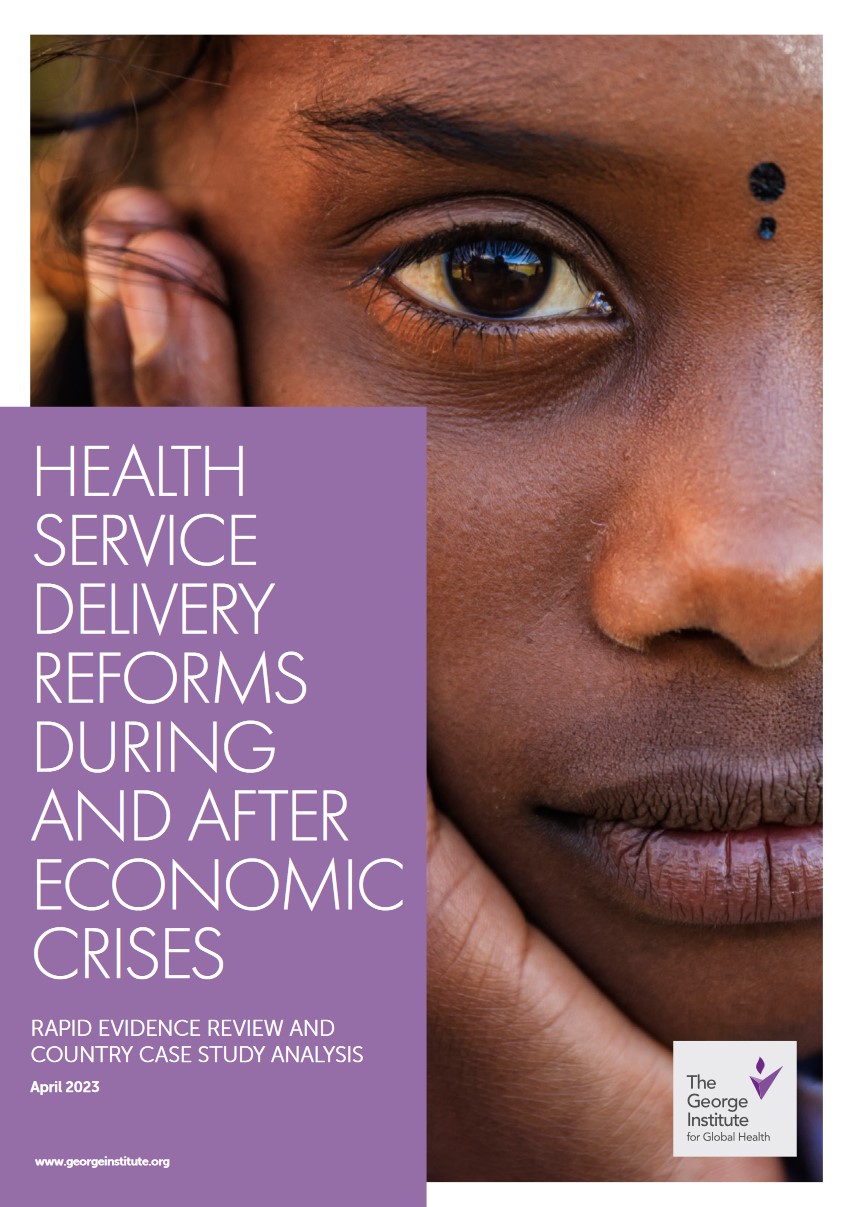Sri Lanka is facing its most profound economic and financial crisis since independence. The economic crisis has compounded health system pressures arising from the COVID-19 pandemic, leading to reduced provision of public services, increased unmet need, growing out-of-pocket expenditure, and increased risk of catastrophic health expenditure and impoverishment.
Health system reforms to restore essential service provision will require judicious use of scarce resources. Past economic shocks and recoveries may offer important lessons and opportunities for reform. We conducted a rapid review of grey and empirical literature from four countries – Indonesia, Thailand, Vietnam and Greece – to identify health service delivery reforms implemented to improve health system efficiency and support universal health coverage in the context of economic shocks. This rapid evidence synthesis was commissioned by the World Health Organization (WHO) Sri Lanka office to appraise existing evidence on health system efficiency interventions taken by countries in the context of an economic crisis.
The country case studies highlight a process of reforms over many years, some of which can be directly attributed to crisis events, but the majority were independent of specific crises. Nonetheless, all countries took actions during their respective crises which have had enduring impacts on the resilience of their health systems to future shocks, including the COVID-19 pandemic.
The findings from each case study suggest that a ‘long-haul’ perspective on health reform is needed to build health system resilience – defined as the ability to prepare for, manage (absorb, adapt and transform) and learn from economic shocks.
